Influential to George Fox University
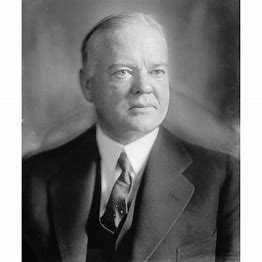
Herbert Hoover attended what was then known as Friends Pacific Academy, which is now George Fox University. His time at Friends Pacific Academy influenced his early education. His connection to the institution remained strong throughout his life. This early educational influence helped him in his later commitment to supporting and adding to educational institutions at George Fox University. Hoover’s association with George Fox helped to shape the values and aspirations of future leaders like him.

George Fox, the founder of the Religious Society of Friends, advocated for direct spiritual experience and equality, laying the foundation for the Quaker movement’s principles of simplicity and peace.

Levi Pennington served as the university’s first president from 1891 to 1893. His leadership laid the groundwork for the university’s mission and values.

David Brandt served as president from 1949 to 1969 and played a crucial role in expanding the university’s programs and campus infrastructure. He came back as president from 1986 to 1991 and lead the university through a period of expansion and innovation.
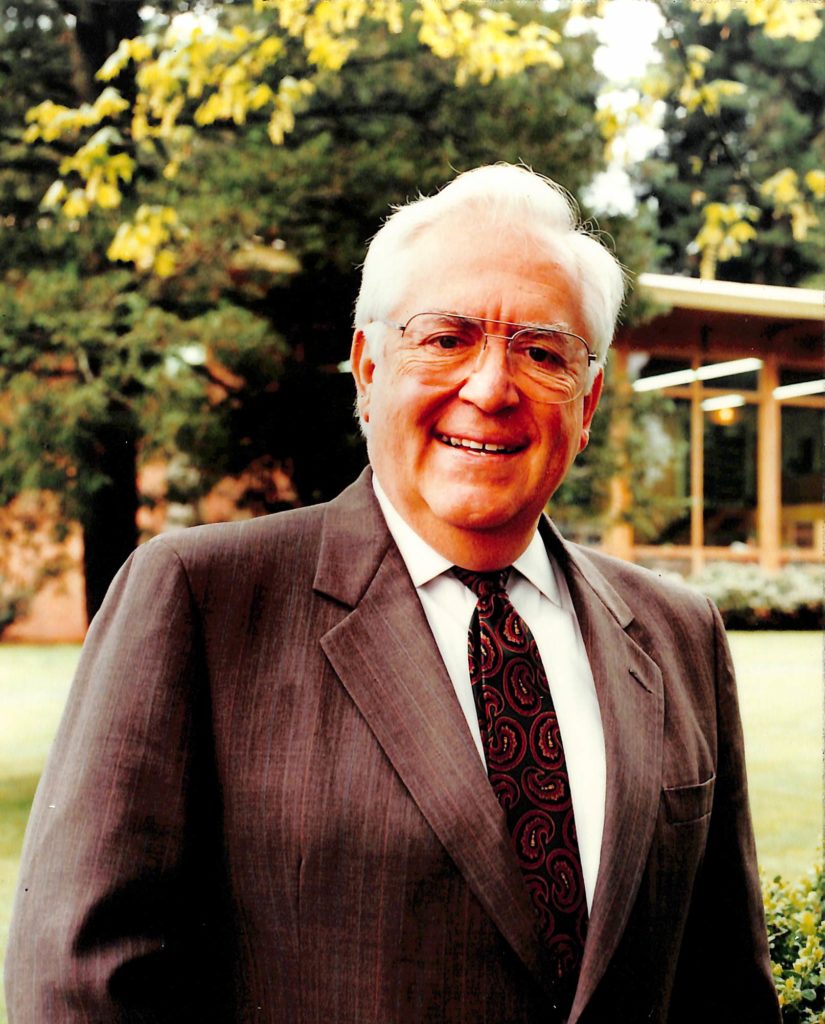
David Leshana served as president from 1991 to 2006 and implemented several initiatives to enhance the university’s academic reputation and student experience.

Robin Baker became president in 2007 and currently has led the university through a period of continued growth and advancement, focusing on academic excellence, community engagement, and spiritual formation.
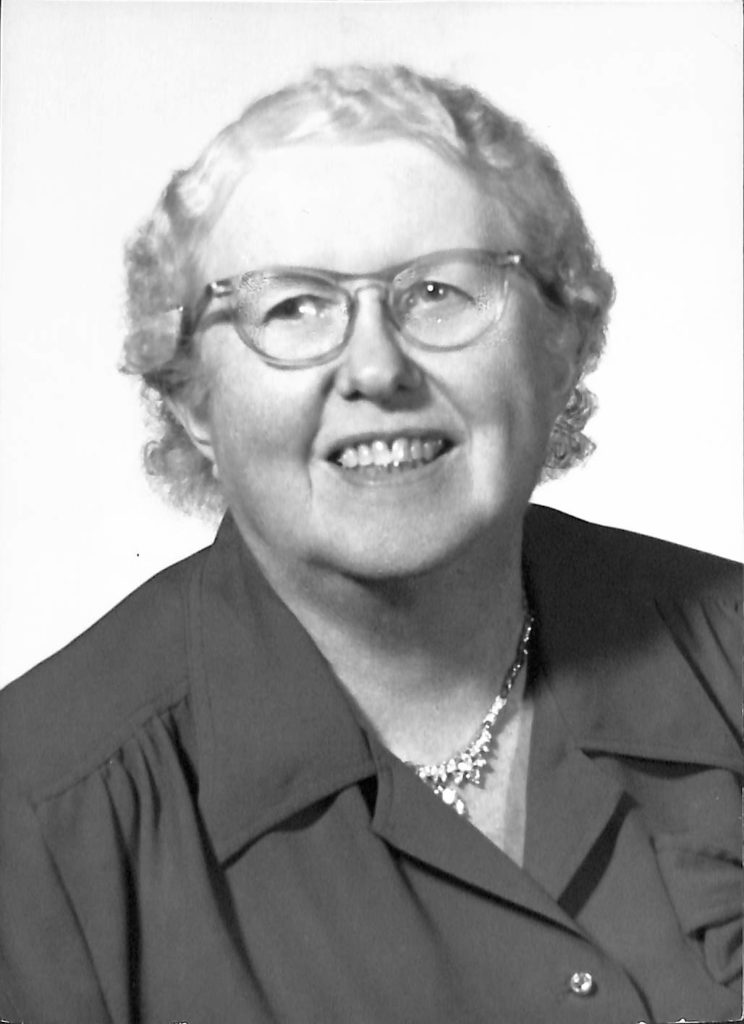
Marry Sutton is the longest-serving employee, and the time was 1911-1963 except for the time she went to teach at Yelm high school. She was active member in the Newberg friend’s church and Sutton Hall was named after her.

Evangeline Martin: She was an important member of the board from 1891 to 1928 She was also the Sunday school teacher of Herbert Hoover. He visited her throughout her thought his life. And played an important role in raising money for a new building. She joined Amanda Woodward to help to raise $30,000 the wood-mar Hall is named after them and also looked after the college museum for many years.

Amanda Woodward: She was one of the founders of Pacific College and also served on the board for many years of her life. She and her husband Ezra created the Newberg Graphic newspaper and for many years lived in the house Woodward House (Health and Counseling Center). And helped to raise 30,000 around one million accounting for inflation.
Important women In the Quaker Movement
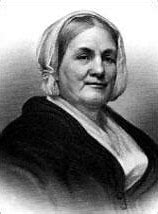
Margaret Fell, co-founder of the Religious Society of Friends, advocated for women’s religious leadership through her influential pamphlet “Women’s Speaking Justified” despite enduring numerous imprisonments for her beliefs.

Mary Dyer’s commitment to promoting religious freedom for Quakers led to her execution and, ultimately, the inclusion of crucial provisions for religious liberty in the Rhode Island Charter of 1663.
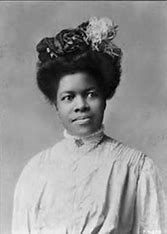
Sarah Mapps Douglass, an accomplished scholar, educator, abolitionist, and artist, left a profound legacy through her rare watercolor paintings and her contributions to the fight against slavery.
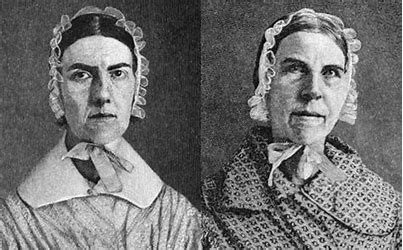
The Grimke sisters, Sarah Moore Grimke and Angelina Emily Grimke renounced their privileged upbringing to become influential abolitionists and feminists, challenging the institution of slavery and advocating for women’s rights.
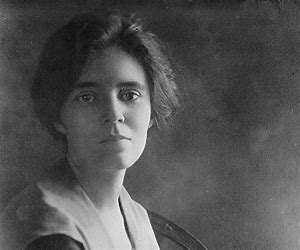
Alice Paul, a prominent figure in the suffrage movement, drew on her Quaker upbringing and education to lead the fight for women’s voting rights, showing resilience and determination in the pursuit of equality.

Lucretia Mott, a leading abolitionist and feminist, fought for the rights of women and minorities, embodying Quaker values of equality and social reform.
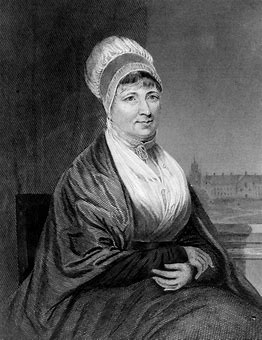
Elizabeth Fry, a British Quaker philanthropist, pioneered prison reform and championed the rights of prisoners, embodying Quaker principles of compassion and social justice.

Judy Dench, a celebrated British actress, has captivated audiences with her versatile performances on stage and screen, earning acclaim and accolades for her contributions to the arts over six decades.
Important Males in the Quaker Movement

William Penn, an English real estate entrepreneur and religious reformer, founded Pennsylvania as a haven for religious freedom, embodying Quaker principles of tolerance and democratic governance.

John Woolman, an American Quaker preacher, devoted his life to the abolition of slavery and the fair treatment of Native Americans, demonstrating the Quaker commitment to peace and justice.
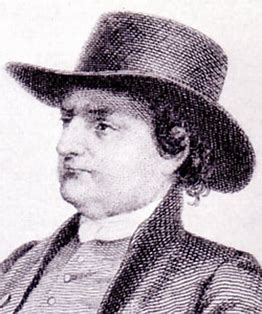
Isaac T. Hopper, a Quaker abolitionist, dedicated himself to aiding fugitive slaves and advocating for social reform, exemplifying Quaker values of compassion and equality.

Rufus Jones, a Quaker philosopher and peace advocate, explored Quakerism’s spiritual depth and promoted social justice, inspiring generations with his writings and activism.
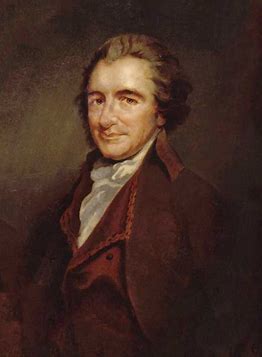
Thomas Paine, a political activist and writer, inspired revolutions with his writings on democracy and human rights, challenging oppressive systems and advocating for social change.
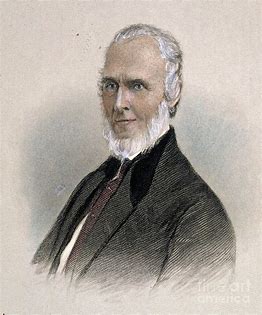
John Greenleaf Whittier, an American Quaker poet and abolitionist, used his poetry to advocate for freedom and justice, leaving a lasting impact on American literature and social consciousness.

James Dean, an iconic actor of the 1950s, symbolized teenage rebellion and existential angst, leaving a lasting legacy as a cultural icon and influencing generations of actors and youth culture.

Richard Nixon, the 37th President of the United States, pursued both domestic reforms and foreign diplomacy but was marred by the Watergate scandal, leaving a complex legacy in American politics.